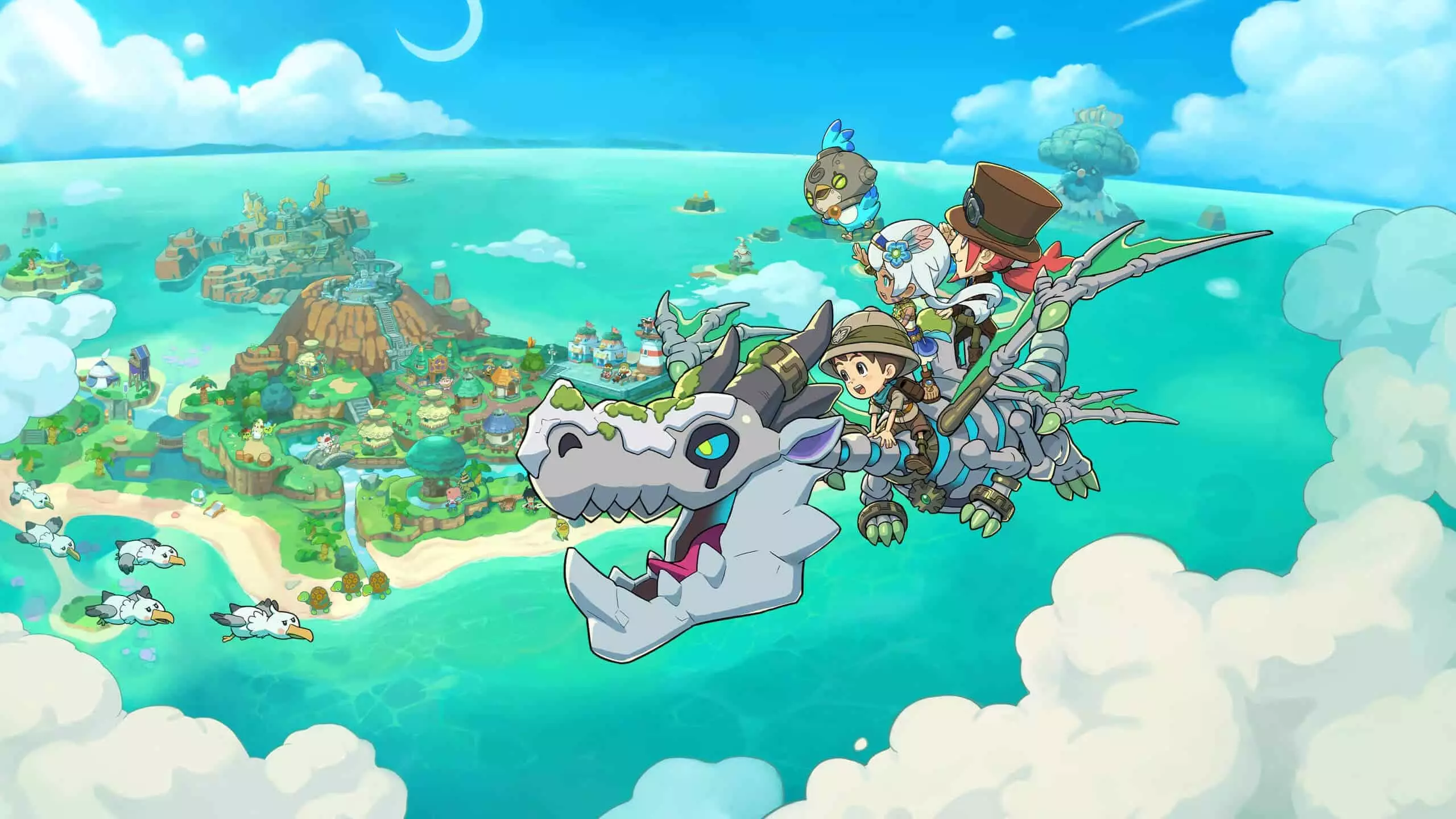Recently, the gaming community buzzed with excitement at the early access release of *Fantasy Life i: The Girl Who Steals Time*, a title that enhances and expands upon its beloved predecessor. Despite its quiet launch—compounded by a delay in review codes—initial player reactions have poured in, creating a vibrant dialogue about the game’s potential. The anticipation surrounding the arrival of this sequel builds upon the cherished memories of *Fantasy Life* on the Nintendo 3DS. Players are finally diving into multiplayer and solo quests, eager to explore the charming universe crafted by the developers.
Early Reception and Player Enthusiasm
As the first wave of players navigates this new adventure, the game has garnered attention primarily through its reception on platforms like Steam. With over a thousand reviews streaming in, the title boasts a “Very Positive” score—indicative of enthusiastic feedback from the gaming community. Famitsu’s impressive score of 36/40 raises hopes for what many believe to be a capable successor. The overwhelming positivity surrounding early reviews suggests that fans of the series will find merit in *Fantasy Life i*. Yet, these scores come with caveats, indicating that while excitement is palpable, critical scrutiny remains scant during this early access phase.
A Glimpse of Gameplay and Graphics
Players describe *Fantasy Life i* as a delightful blend of life simulation and role-playing elements that feel both immersive and engaging. Users on Steam are raving about its vibrant graphics, which take the colorful ambiance of the previous game to new heights. Reviews frequently highlight the whimsical art style and character designs that embody a sense of charm and playfulness. One notable review commended the game’s balance between questing and relaxation, creating a gameplay experience that feels rewarding without becoming overwhelming. This refreshing approach appeals to both newcomers and returning fans, creating a welcoming environment for exploration.
Comparisons to Beloved Titles
The game has inevitably drawn comparisons to classics in the life simulation genre, particularly *Animal Crossing*. Players point out that *Fantasy Life i* maintains a laid-back atmosphere while minimizing some of the frustrations associated with its predecessors. One user succinctly expressed that the game facilitates a joyful experience free from the typical “friction” often found in similar games. The ability to switch between different roles and jobs adds layers of gameplay depth, allowing for a diverse range of activities that encourages player creativity and engagement.
The Joys and Challenges of Multiplayer
However, not all is idyllic in this vibrant world. A significant portion of the criticism centers around the multiplayer experience. While many players relish the idea of exploring the game with friends, they express disappointment regarding the limitations imposed on co-operative gameplay. Users have articulated frustration at the inability to progress through main story quests together. As it stands, players can occupy the same space and partake in some aspects of the game but are unable to share in critical narratives and challenges, which feels counterintuitive for a game designed to foster community engagement.
The multiplayer shortcomings have resulted in a lament among users, as they expected a more cohesive shared experience. One potent review captured the sentiment of many when they remarked on the disconnection between the game’s design and its multiplayer execution, ultimately overshadowing the joys of shared exploration with frustration. This aspect needs urgent addressing if the developers aim to satisfy expectations for social gaming.
The Allure of Solo Play
Despite some dissatisfaction with multiplayer functionality, those venturing into the game solo seem to be enjoying a deeply fulfilling experience. Emphasizing the beauty of *Fantasy Life i* as a single-player adventure is essential, as it remains a testament to the varied gameplay elements interwoven within its design. The blend of exploration, crafting, and questing creates a rhythm that can easily absorb players for hours. For enthusiasts of life simulation games that celebrate creativity and relaxation, this bright, engaging realm offers an enticing retreat.
The seamless incorporation of RPG mechanics further enriches gameplay, allowing for personalized exploration across a colorful landscape. As players embark on their quests, they encounter whimsical challenges that reward diligence and creativity, ensuring that even solo adventurers experience the enchanting escapism that defines the *Fantasy Life* franchise.
With the game still in early access, players are keeping their fingers crossed for future updates that might refine the multiplayer aspects while continuing to enhance the delightful solo experience. The early responses suggest that while imperfections linger, the game manages to capture something truly special—an adventure that many seem eager to lose themselves in. As we await broader review coverage and additional insights, one thing is clear: *Fantasy Life i* has successfully created a sanctuary of joy amidst the gaming landscape.


Leave a Reply